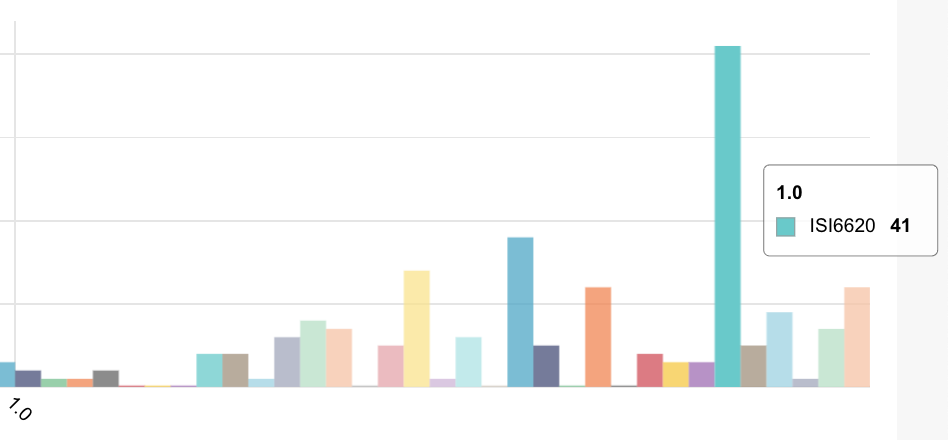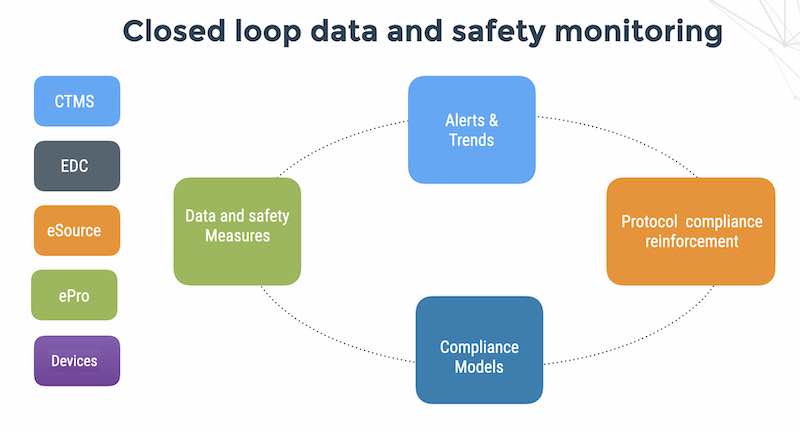I want to challenge the effectiveness of top-down, monolithic security frameworks (ISO 27001/PCI DSS) – I submit that rapidly changing threats – social networking, cyberstalking, social engineering, cyber-stalking and custom spyware are threats that exploit people and system vulnerabilities but are not readily mitigated by a top down set of security countermeasures.
The recent case of the Opsec security violation on Facebook in Israel reported by the Jerusalem Post, is a good example of how a hierarchical organization (Army) is threatened by a flat social network. The good news was that the security countermeasure was found the social network itself – herein lies the lesson.
The IDF was forced to cancel a recent arrest operation in the West Bank after a soldier posted information about the upcoming raid on his Facebook page.The operation was scheduled to take place several weeks ago in the Binyamin region. The soldier, from an elite unit of the Artillery Corps, posted on his Facebook page: “On Wednesday, we are cleaning out [the name of the village] – today an arrest operation, tomorrow an arrest operation and then, please God, home by Thursday.”
The status update on the soldier’s page was revealed by other members of the soldier’s unit. His commanders then updated Judea and Samaria Division commander Brig.-Gen. Nitzan Alon, who decided to cancel the operation out of concern that the mission had been compromised.
Organizations need to leave the static top down control frameworks a few times a year and look outside the organization for links and interdependencies – and talk to the soldiers in the trenches in customer service, field sales and field service.
The information you will get from people outside your firm and from people with dirty hands is far more valuable than rehashing the ISO27001 check list in an audit.
The most valuable data is from questions you haven’t asked yet – not from a checklist in an Excel spreadsheet in the hands of a junior auditor from KPMG.





